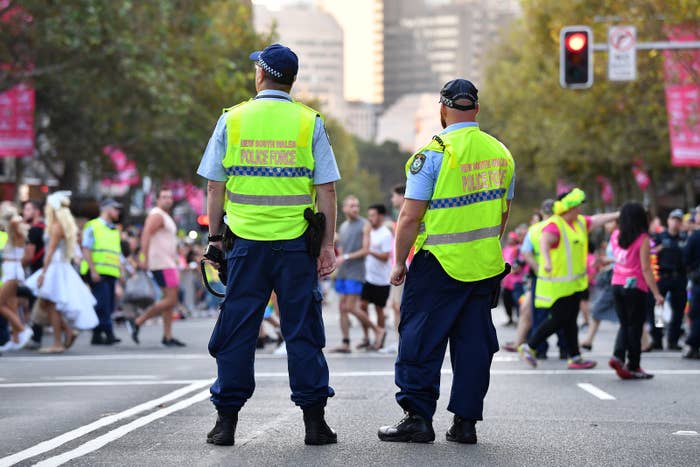
A review of 86 deaths from 1976 to 2000 by the New South Wales Police found close to one-third of the deaths were likely gay hate crimes.
Strike Force Parrabell was called to review 88 deaths highlighted by the AIDS Council of NSW (ACON) believed to have been gay hate crimes, or to have had a connection to the LGBTIQ community.
Of that, 86 were examined because one happened outside NSW, and the case of the death of Scott Johnson was not reviewed due to coronial proceedings at the time. Late last year, his death in 1988 was ruled a gay hate crime.
The New South Wales Police found eight of the cases could be considered gay hate crimes, and another 19 were suspected as gay hate crimes. In total five remain unresolved today.
According to the ACON report, some of these cases included an assailant bashing his victim over the head with a fire extinguisher and then stabbing him after the victim offered him a place to sleep. In another, the victim was stabbed four times in the chest and abdomen in response to a sexual advance.
In one case at a well-known beat in Sydney's western suburb of Penrith, two men chased a victim along the river with a shotgun before shooting him dead. ACON said the two men received a reduced manslaughter sentence.
Of the 86 cases reviewed, 23 remain unsolved. For the 63 that were solved, 96 people had been charged, including 84 with murder, nine with manslaughter, and three with other offences, police said.
There was a conviction rate of 83%, with 80 people convicted of an offence. In 15 of the cases, the once-legal defence of "homosexual advance" was raised.
In 40 of the cases, the offender was known to the victim.
Assistant commissioner Tony Crandell said violence against the LGBTIQ community must never be allowed to happen again.
"It’s an ugly part of our history – it needs to be acknowledged – and we need to do everything we can to make sure no-one is ever again fearful for their life because of who they are," he said.
Strike Force Parrabell did not find any evidence of institutional anti-gay police bias, but found that a small minority of investigations were less than thorough. It was not clear whether this was due to anti-gay bias. Still Crandell said it was likely to have played a role.
"Based on societal values and attitudes at the time, I acknowledge the likelihood of historical bias, whether in small groups or more widespread across the organisation," he said.
"This however is absolutely not acceptable in the culture of a modern-day NSW Police Force and I can assure the community there are policies, procedures, and systematic checkpoints in place today that negate inaction due to bias."
In 2016 NSW Police apologised for the assault, arrest and public outing of the very first Mardi Gras protesters in 1978. Last weekend marked the 40th anniversary of the protest.
A statement from Supt Tony Crandell, spokesperson for Sexuality & Gender Diversity on behalf of the NSWPF.
